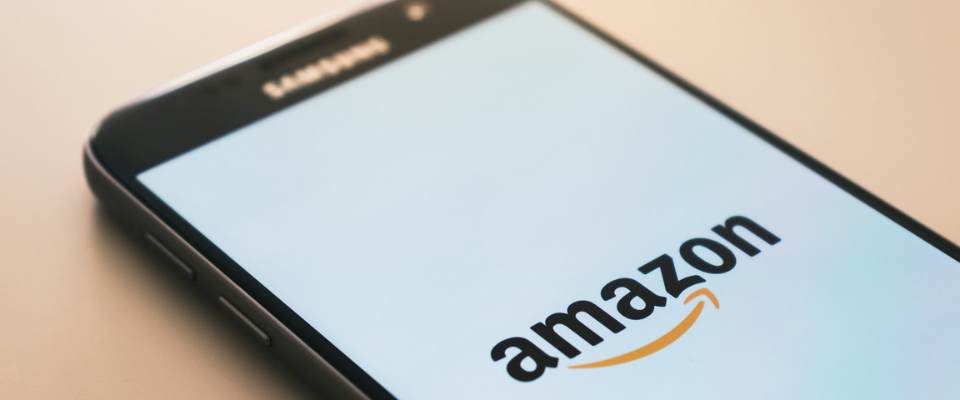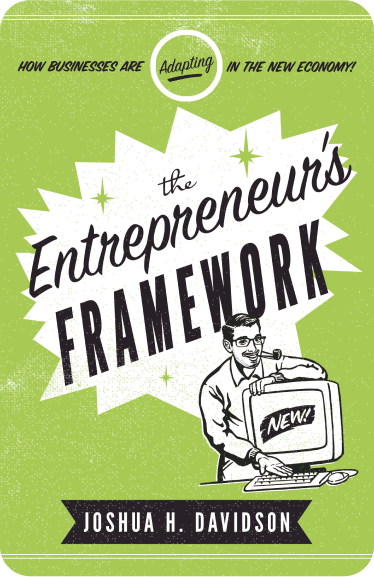The first month of 2024 is coming to a close already! It’s hard to believe how this year is already flying by.
Let’s take a look at some of the big stories in tech around the world right now, as January draws to a close!
Italian Watchdog Says ChatGPT Breaks Data Protection Rules
As per the BBC, an inquiry by Italy’s Data Protection Authority (DPA) found that OpenAI’s viral and groundbreaking ChatGPT product is violating data safety rules.
These trespasses are related to collecting personal data as well as age protections. Italy has actually been one of the only western countries to take a harsh stance against ChatGPT.
They actually blocked it entirely, citing data safety concerns, for a month in spring of 2023. In a statement from the DPA, it said they had:
concluded that the available evidence pointed to the existence of breaches of the provisions contained in the EU GDPR [General Data Protection Regulation].
The DPA is also concerned that younger users may be exposed to inappropriate content via the chatbot and there are insufficient protections for young users. Also, they want iItalians to be able to opt out of having their data collected and used to train AI algorithms.
If found guilty, OpenAI could be charged up to 4% of the company’s global turnover under the EU’s GDPR law.
OpenAI has 30 days to respond with its defence to these accusations.
China Has Approved 40 AI Models for Public Use
While ChatGPT has taken over in the west, China has been developing its own AI technology. This week it was revealed that over the last 6 months, they have approved 40 different AI models for public use.
In fact, news recently came out that Baidu’s Ernie Bot will be incorporated into the latest Samsung Galaxy S24 model.
While China has not yet released an AI model that has reached international popularity, it could likely soon release a competitor with international power. This would be big tech news!
Per Chinese State-backed media organization The Securities Times, the Chinese government ha approved 14 different large language models (LLMs) alone in the past week.
The first firms were given the green light in the summer of last year. These included search engine Baidu, e-commerce platform Alibaba, and TikTok owner Bytedance.
Right now, a fascinating balancing act is occurring in China. While they want to profit off AI, their government also has strict rules for how it can be implemented and who can even develop and release AI-related tools.
Companies developing LLMs need licenses from the central government before they can release their work to the public, for example.
FTC Opens Inquiry Into Big Tech’s Partnerships with OpenAI, Anthropic

It’s no secret that tech companies have strong partnerships and have invested billions into a few AI startups. Probably the most well-known of these partnerships is between OpenAI and Microsoft.
US antitrust enforcers are opening an inquiry into these relationships. It’s targeting Amazon, Google, and Microsoft. They will investigate the extent of their sway over the generative AI explosion of the last year or so.
Lina Khan, chair of the U.S. Federal Trade Commission, said in opening remarks at a Thursday AI forum.
“We’re scrutinizing whether these ties enable dominant firms to exert undue influence or gain privileged access in ways that could undermine fair competition.”
On Thursday the FTC issued compulsory orders to five companies: Amazon, Google, Microsoft, Anthropic, and OpenAI.
While Microsoft and Amazon’s long-term relationship with OpenAI is well-known, Google and Amazon have also made multi-billion dollar investments in San Francisco-based AI startup Anthropic.
Google welcomed the inquiry and took an opportunity to remind everyone of Microsoft and OpenAI’s complicated history of antitrust scrutiny. Google said in a statement:
“We hope the FTC’s study will shine a bright light on companies that don’t offer the openness of Google Cloud or have a long history of locking-in customers – and who are bringing that same approach to AI services.”
According to Microsoft’s Rimy Alaily, a corporate vice president for competition and market regulation, Microsoft “looks forward” to cooperating with the FTC.
Anthropic, Amazon, and OpenAI declined to comment on the situation.
India Wants Tech Giants to Police Deepfakes
India is preparing for a general election and it looks like Narendra Modi’s government wants to tackle the problem of deepfakes. They say that social media platforms will be held responsible for the spread of AI-generated deepfakes.
According to Rajeev Chandrasekhar, the minister of state for electronics and IT, the sheer size of India’s online population has caused them to raise the alarm about this before many other countries.
As many as 870 million people in India are connected to the internet. 600 million people currently use social media out of a total population of 1.4 billion. Those numbers will likely continue to grow.
Chandrasekhar told The Financial Times:
“InWe are the world’s largest democracy [and] we are obviously deeply concerned about the impact of cross-border actors using disinformation, using misinformation, using deepfakes to cause problems in our democracy. We have been alert to this earlier than most countries because it impacts us in bad ways much more than smaller countries.”
This is an election year in India, with Modi seeking re-election. It has been shown that deepfakes can pose a significant threat to societies around the world, so it makes sense that this is a concern of his government.
Fake AI-generated clips have already been used to influence politics and elections in places like the UK, Bangladesh, Nigeria, Sudan, and Slovakia. This has been some of the most troubling tech news of the last several years.
Some countries want to regulate this technology when it comes to pornography as well. As of now, there are no regulations in the US.
Saudia Arabia Wants To Make Advances in Early Diabetes Detection with Med Tech
King Abdullah University of Science and Technology and Saudi health tech firm amplifAI health have come together to pioneer a system meant to detect diabetes.
According to Arab News:
The technique will merge amplifAI health’s artificial intelligence expertise with HyplexTM, the hyperspectral imaging technology developed by Andrea Fratalocchi, KAUST’s electrical engineering professor.
It will detect and manage the foot complications which commonly affect diabetics. A clinical trial is planned to take place. It waits to be seen what the result of the trial reveals.
This could be an important breakthrough as diabetes is an incredibly common condition globally. It can also be debilitating and deadly when left untreated.
More than 500 million people live with diabetes globally, and 20% of the population of Saudi Arabia is diabetic. Diabetes itself is one of the leading causes of foot and leg amputations around the world.
Being able to detect diabetes earlier would help millions of people avoid lower limb amputations.
Big Tech News: Elon Musk Says Neuralink Successfully Implanted Wireless Brain Chip
The BBC reports that Elon Musk says his company Nueralink has taken the next step toward closing in on their goal.
Their objective is to eventually connect human brains to computers to improve the quality of life of those living with complicated neurological conditions.
This was announced by Elon Musk on X:
Professor Anne Vanhoestenberghe of King’s College London told the BBC:
“For the brain computer interface community, we must place this news in the context that whilst there are many companies working on exciting products, there are only a few other companies who have implanted their devices in humans, so Neuralink has joined a rather small group.”
However, she also raised some concerns, as these claims need to be verified and studied for long-term benefit and functionality. |So far, the only public source is Elon Musk’s post on X, formerly Twitter.
For example, the École Polytechnique Fédérale in Lausanne (EPFL), in Switzerland, made an advance in this field. They pioneered a device that enabled a paralyzed man to walk just by thinking with the help of electronic implants.
Details of this breakthrough were published in a peer-reviewed journal in May of 2023. Similar vetting should be upcoming for Neuralink’s product.
Final Thoughts on Global Tech News
As you can see, a lot is happening around the world of tech. There are developing stories when it comes to medical tech and AI in China and Saudi Arabia.
Also, from Italy to India to the US, governments are taking on the task of attempting to regulate tech conglomerates. It is definitely an interesting time in the world of tech, with many developing stories breaking every day.
What do you think? Comment below.
Since 2009, we have helped create 350+ next-generation apps for startups, Fortune 500s, growing businesses, and non-profits from around the globe. Think Partner, Not Agency.
Find us on social at #MakeItApp’n®

















